Search Results
Showing results 61 to 80 of 126
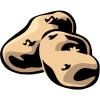
Diffusion & Osmosis with Data Analysis
Source Institutions
This three-part lab helps learners understand the essential principles governing diffusion and osmosis.
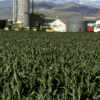
Composting
Source Institutions
In this environmental science activity, learners research what is essential for plant life and the necessary components of soil to support plants.
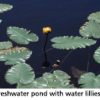
Freshwater Ecosystems
Source Institutions
In this activity, learners create a freshwater ecosystem in a large plastic bottle. Learners cut and prepare bottles, then fill with water, aquatic plants, snails and fish.

Hold a Hill
Source Institutions
In this outdoor activity, learners investigate the relationship between the slope of a trail and soil erosion.
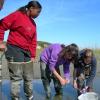
Wetland Bioblitz
Source Institutions
This activity (located on page 3 of the PDF under GPS: Temperate Rain Forest Activity) is a full inquiry investigation into biodiversity of a given habitat.

Estuaries
Source Institutions
An estuary is a body of water that is created when freshwater from rivers and streams flows into the saltwater of an ocean.

Make a Terrarium
Source Institutions
In this activity, learners make a miniature greenhouse or "terrarium" to explore the greenhouse effect.

Water Treatment
Source Institutions
Water treatment on a large scale enables the supply of clean drinking water to communities.
Plants: Hanging Tough
Source Institutions
In this hands-on activity, learners will become familiar with the special adaptations of rainforest plants and discover the conditions needed for tropical trees to survive along with what can impinge

Rooftop Gardens
How does a green roof, or roof covered by plants, affect the temperature of the inside and outside of a building? Learners design and build houses to find out the answer.
Mercury in the Environment
Source Institutions
In this environmental science lesson, learners will examine the dangers of mercury and how humans contribute to growing mercury emissions on Earth.
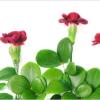
Color-Changing Carnations
Source Institutions
Learners place cut flowers in colored water and observe how the flowers change. The flowers absorb the water through the stem and leaves.
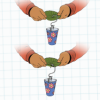
Breaking Point
Source Institutions
In this activity, learners build penetrometers to test leaf toughness. Biologists measure leaf toughness to study the feeding preferences of insects and bugs.
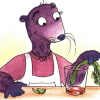
Veggies with Vigor
Source Institutions
In this activity, learners try to revive wilted celery. Learners discover that plants wilt when their cells lose water through evaporation. Use this activity to introduce capillary action.

Water "Digs" It!
Source Institutions
In this activity, learners investigate soil erosion. Learners set up a simulation to observe how water can change the land and move nutrients from one place to another.
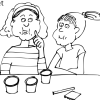
Investigating Starch
Source Institutions
In this activity (on pages 10-15), learners investigate starch in human diets and how plants make starch (carbohydrates) to use as their food source.
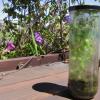
The Self-Watering Terrarium
Source Institutions
In this biology/ecology activity, learners construct a terrarium out of a tennis ball container. This terrarium is unique because it never has to be watered.
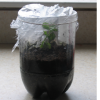
Small Habitats
Source Institutions
In this activity, learners build a model of a self-sustaining habitat (growing grass and beans from seeds).
Soil Secrets
Source Institutions
In this activity (located at the bottom of the page), learners investigate soil and explore the creatures that live in it.
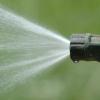
Skin Deep
Source Institutions
In this activity, learners explore how to protect their skin while applying pesticides to plants.
